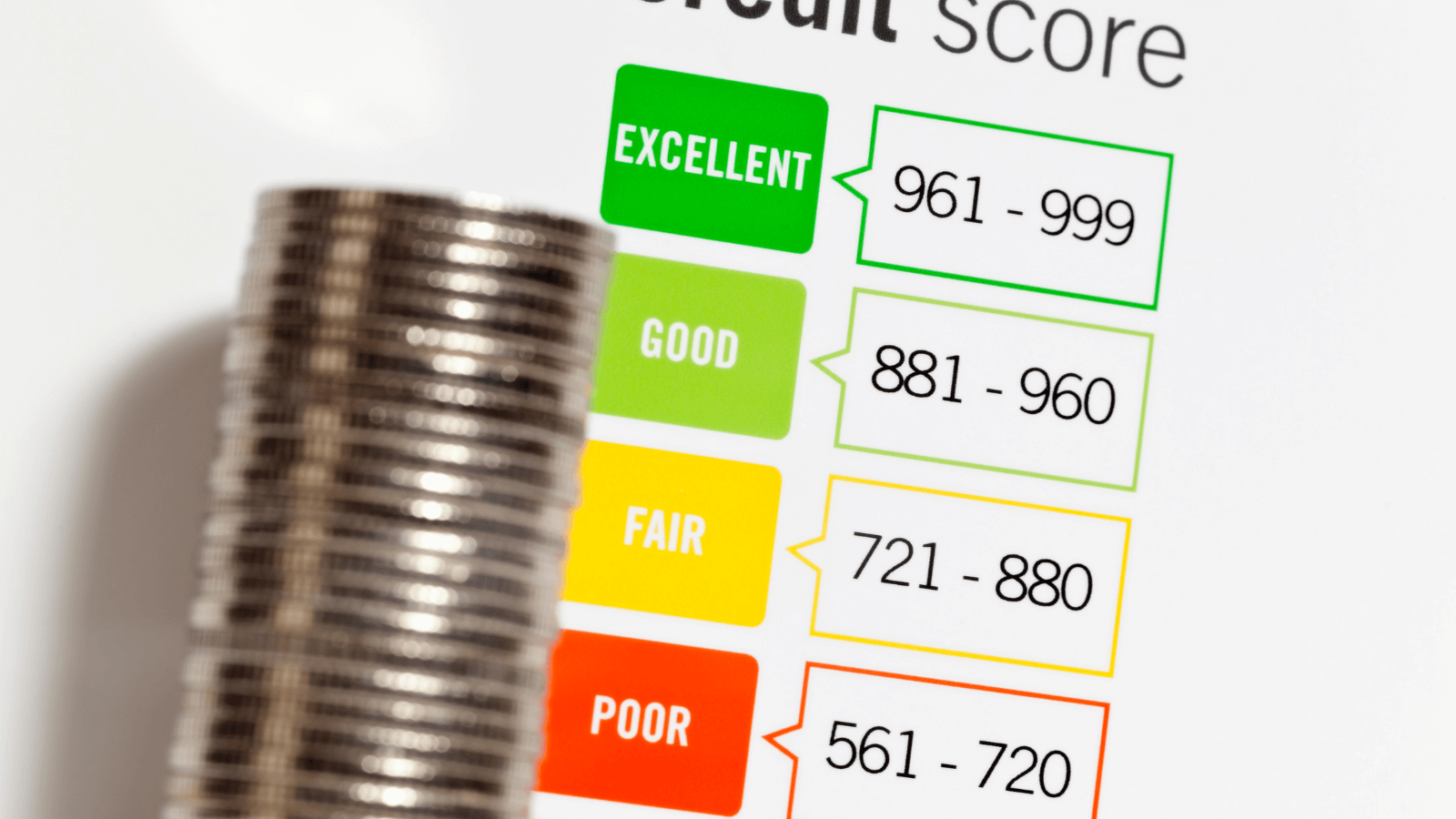Here’s the Average Credit Score in Every State
Credit scores range from 300 to 850 and are used to assess creditworthiness. They’re based on a combination of factors and are usually updated monthly. High credit scores are considered an indication that a borrower is likely to pay back borrowed money as agreed, while lending to a borrower with a low credit score may be considered risky. Knowing the average credit score of others in your area can help you to know how well you’re doing when it comes to managing money. Here’s the average credit score in every state.
States with the Highest Average Credit Scores
The state with the highest average credit score in 2021 was Minnesota with an average score of 742. Other states with the highest average credit scores include Vermont (736), Wisconsin (735), New Hampshire (734), and Washington (734). North Dakota and South Dakota were tied with an average credit score of 733, while Hawaii and Massachusetts had an average score of 732 followed by Nebraska and Oregon at 731.
States with the Lowest Average Credit Scores
What about states with the lowest average credit scores? The state that had the lowest average score was Mississippi with an average score of 681. Other states with an average credit score under 700 include Louisiana (689), Alabama (691), and Texas (692). Georgia and South Carolina both had an average score of 693, Arkansas was at 694 and New Mexico and West Virginia were tied at 699.
States With Credit Scores That Fall in the Middle
The rest of the states have credit scores that fall between 700 and 730. These scores along with the states that had them are listed below:
- 730 – Montana
- 729 – Iowa
- 728 – Colorado and Connecticut
- 727 – Maine and Utah
- 725 – Idaho and New Jersey
- 723 – Pennsylvania and Rhode Island
- 722 – New York and Wyoming
- 721 – California, Kansas, and Virginia
- 719 – Illinois and Michigan
- 717 – Alaska and the District of Columbia
- 716 – Maryland
- 715 – Ohio
- 714 – Delaware
- 712 – Indiana
- 711 – Missouri
- 710 – Arizona
- 707 – North Carolina
- 706 – Florida
- 702 – Kentucky
- 701 – Nevada and Tennessee
Nationally, the average credit score in 2021 was 714, according to Experian. This is a four-point rise over 2020. Experian also reports that credit scores rose at least two points in every state in 2021.
Improving Your Credit Score
If your credit score isn’t as good as you’d like it to be, there are some things you can do to help bring it up. If you have any bills that are past due, catch them up as soon as possible. Get in the habit of always paying your bills on time. Any payments that are more than 30 days late show as a negative item on your credit report and affect your credit score for seven years. Pay down your credit cards and keep your balance below 30 percent of the available credit whenever possible.
Make sure the information that’s on your credit report is accurate. Credit report errors can hurt your credit score. Dovly is an AI credit engine that can help you dispute any errors you find on your credit report. Try it risk-free with our free membership tier. Get in touch with Dovly today.



